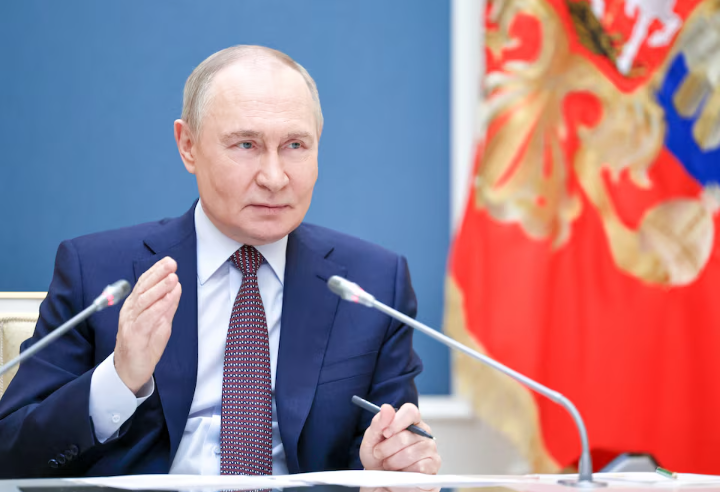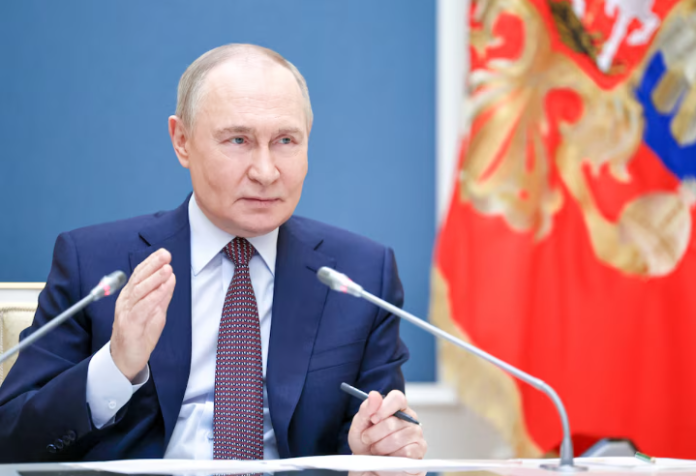In a development that may influence the future of the ongoing Russia-Ukraine war, the Kremlin announced on Saturday that Russian President Vladimir Putin could meet Ukrainian President Volodymyr Zelenskiy—but only if certain conditions are met.
Speaking to reporters, Kremlin spokesperson Dmitry Peskov confirmed that a high-level meeting is “possible,” but emphasized that it would only happen after both sides reach specific agreements. Peskov didn’t clarify what those agreements are, leaving many to speculate whether Russia’s latest demands align with its previously stated goals—including Ukrainian military withdrawal from occupied regions and recognition of Moscow’s territorial claims.
Putin and Zelenskiy have not sat down for direct talks since December 2019. Earlier this week, President Zelenskiy proposed a face-to-face meeting in Turkey during a rare round of direct negotiations between Ukrainian and Russian delegates. However, instead of attending, Putin sent a delegation of senior aides and officials to represent Russia in the talks—the first such meeting since March 2022.
At those talks, Ukraine raised the possibility of a direct meeting between the two presidents, likely aiming to accelerate the path to peace. But Peskov reiterated that such a meeting would only follow real diplomatic progress.
“For a Putin-Zelenskiy summit to happen, we need concrete agreements finalized by both sides,” Peskov said. “And what remains critically important is who signs those agreements on behalf of Ukraine.”
His comments hint at Russia’s long-standing efforts to question Zelenskiy’s legitimacy. Although elected in 2019, Zelenskiy’s official term expired in 2024. But under martial law—declared because of the ongoing war—Ukraine has postponed its presidential elections indefinitely. This gives Moscow further rhetorical leverage to cast doubt on any future accords signed under Zelenskiy’s leadership.

Meanwhile, international pressure continues to mount on both countries to negotiate a ceasefire. However, recent reports suggest Russia has demanded Ukraine pull back its troops from the Donetsk, Zaporizhzhia, Luhansk, and Kherson regions—areas Moscow claims to have annexed. These terms have been flatly rejected by Kyiv and its Western allies.
Although there’s growing frustration in the West about the lack of progress, particularly from figures like former U.S. President Donald Trump, European leaders like French President Emmanuel Macron and EU Commission President Ursula von der Leyen insist on maintaining sanctions and diplomatic pressure against Moscow.
As of now, the pathway to peace remains uncertain. A Putin-Zelenskiy meeting could mark a major turning point—but only if Russia lowers its demands or Ukraine agrees to concessions, both of which seem unlikely in the current climate.



